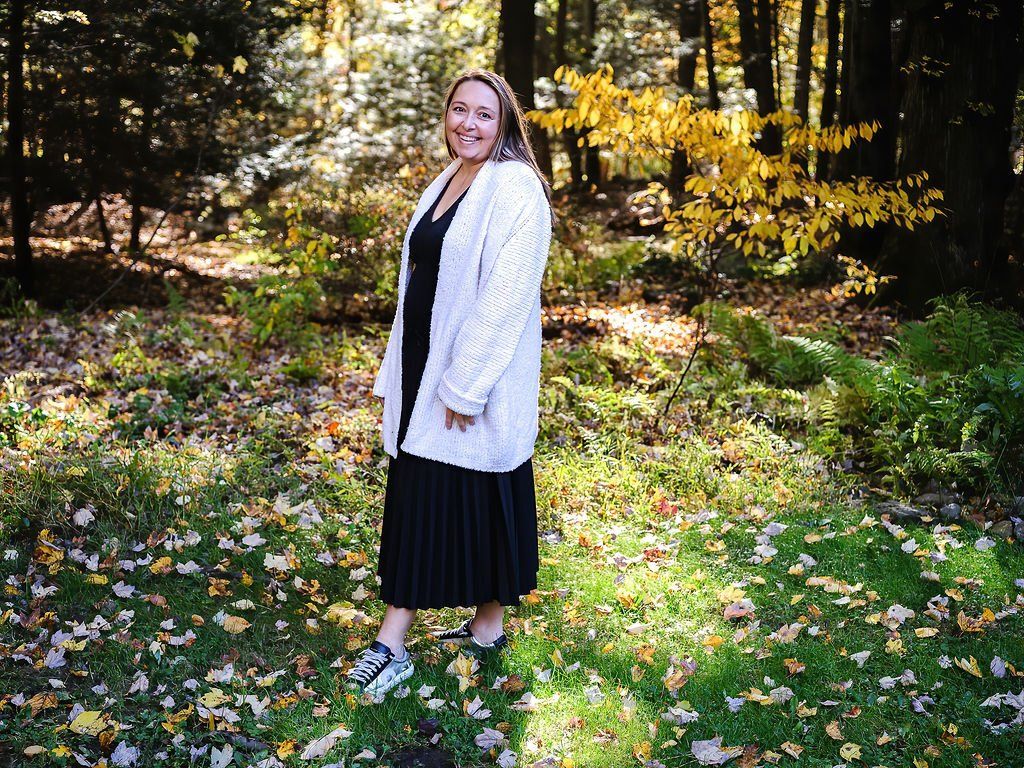Don't Rake Your Leaves This Fall
We've all been there: You rake up your leaves and pitch them into the street, only to watch them blow back in a few days later. What's the point? They'll just come back! But, this time of year, it's easy to get caught up in the idea that you can't just let nature run its course. But why do we clean up or leaves? My suggestion? Don't rake your leaves this fall. Let nature run its course.

All those leaves that come down in the fall are a good thing for the planet
If you’re one of those people who hates raking up leaves, I have a pleasant surprise for you: leaves are actually good for the environment!
Leaves are an excellent source of organic material and natural fertilizer, so they can be used as mulch or compost. When they break down they add nutrients back into the soil, helping plants grow better. They also prevent erosion by slowing runoff and turning rainwater into permeable soil that stays in place instead of washing away with the next storm. Mother Nature knows what she's doing, and she's always right. So if you're tempted to rake your leaves this fall, think again.
Mulching is better
So, if you’re a fan of environment-minded practices (and who isn’t?), you may want to consider mulching instead. There are two main ways to do this:
- A mulching lawn mower uses blades that cut the grass into smaller pieces and then throw them back onto your lawn. This helps fertilize the soil and add organic matter for healthy growth. According to one study, lawns with a regular mulching treatment have less weeds and require less water than those with traditional mowing.*
- A mulch chipper shreds leaves into tiny pieces that can be used as fertilizer or compost material. You can use these composted materials in your garden beds or around trees in order to build up their health as well as prevent erosion on slopes.*
There are ways to use up your leaves on-site
There are many ways to use up your leaves on-site.
- Leaves can be used as mulch for your garden.
- Leaves can be composted.
- You can make leaf mold by letting them sit for a few months, then mixing them with soil and compost to create a great fertilizer for your garden or potted plants. This is especially beneficial if you have clay soil—leaves are high in nitrogen, which will help break down the clay and make it more fertile. You may want to test this mixture before using it on any plants though, because some people find that certain types of leaves (such as pine needles) give off an unpleasant odor when mixed with other materials even after decomposition has occurred.
Don't mess with Mother Nature this fall
Leaves are an essential part of the ecosystem. They provide food for soil, animals and insects and they help regulate water by slowing down the flow of precipitation so it has time to sink into the ground. Leaves also are a nutrient-rich source of carbon dioxide (CO2), which helps plants grow even when it’s cold outside.
When leaves decompose in your yard or on your lawn, they become mulch that improves soil quality by adding rich organic matter that helps plants grow more vigorously than if you had raked them up or bagged them all together with other yard waste like grass clippings, pine needles and twigs.
What does the data say?
According to EPA data, yard trimmings, which include leaves, created about 34.7 million tons of waste in 2015, which is about 13% of all waste generation.
The majority of that – 21.3 million tons – was composted or mulched in state programs, the EPA says, yet still, 10.8 million tons went to landfills, accounting for just under 8% of all waste in landfills.
Leaves take up space and they also can break down with other organic waste to create methane, a potent greenhouse gas which contributes to climate change, he added.





